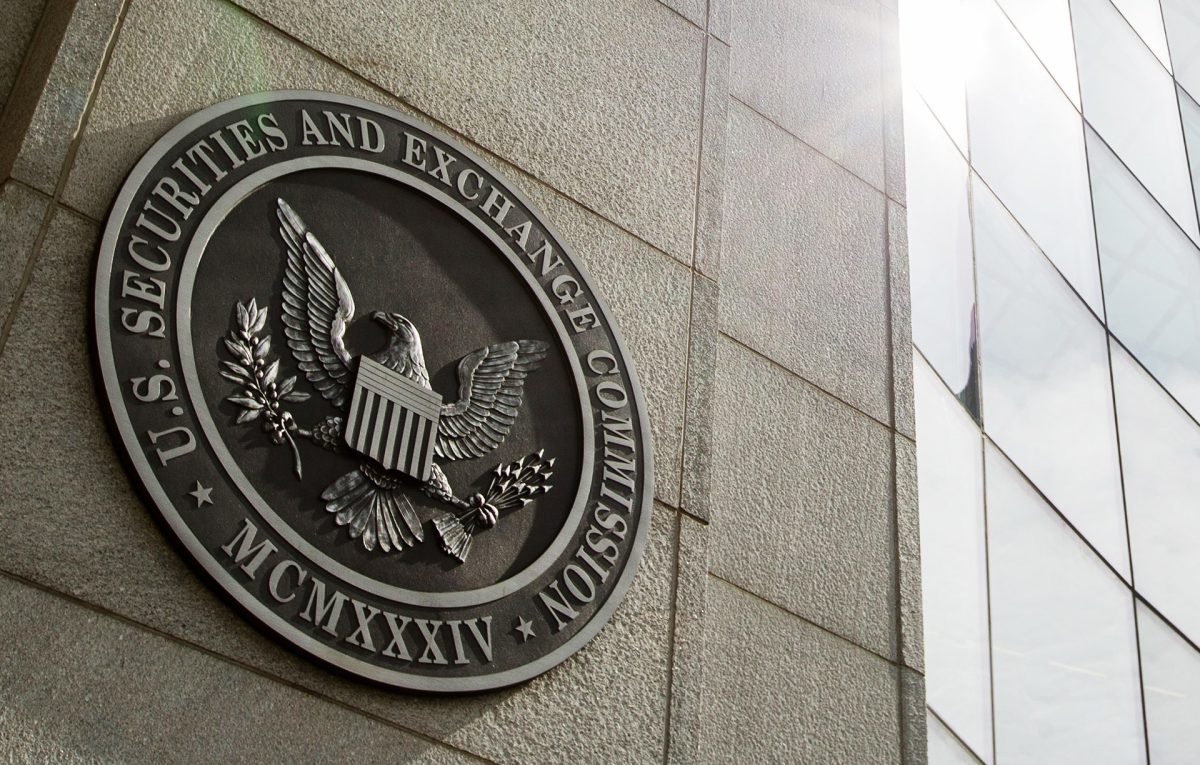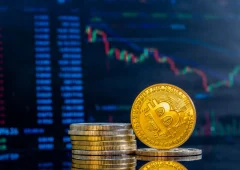SEC Clarifies Memecoins Not Classified as Securities
28.02.2025 15:16 1 min. read Alexander Zdravkov
The US Securities and Exchange Commission (SEC) has officially stated that it does not consider memecoins as securities, classifying them more as collectibles.
As a result, transactions involving these coins do not require SEC registration. However, the agency warned that fraudulent memecoins could still be targeted by other regulatory authorities.
In a statement on February 27, the SEC clarified that memecoins do not meet the criteria of traditional securities, such as stocks or bonds, because they do not offer any investment yield or rights to a company’s future profits.
The SEC also emphasized that its position does not apply to tokens that could be disguised as memecoins to evade regulations.
This move comes as discussions around crypto regulations continue to evolve.
With the SEC’s Crypto Task Force under Commissioner Hester Peirce exploring new frameworks, memecoins may remain outside traditional securities oversight unless they are linked to fraudulent activity.
-
1
Crypto Week Begins: U.S. Congress Advances Key Bills as Trump Pushes for Regulatory Clarity
15.07.2025 7:00 2 min. read -
2
Crypto Tax Policy in Spotlight as House Plans July 16 Hearing
10.07.2025 9:00 2 min. read -
3
Thailand Launches National Crypto Sandbox
17.07.2025 9:03 2 min. read -
4
House Clears Path for Landmark Crypto Bills: Vote Set for Thursday
17.07.2025 9:15 2 min. read -
5
Key Crypto Events to Watch in the Next Months
20.07.2025 22:00 2 min. read
South Korea Urges Asset Managers to Limit Exposure to Crypto Stock Like Coinbase,MicroStrategy
South Korea’s top financial watchdog has issued informal guidance urging local asset managers to scale back their investments in crypto-related stocks, according to a Korean Herald report.
SEC Reverses Bitwise ETF Approval Just Hours After Greenlight
In a surprising move on Tuesday, the U.S. Securities and Exchange Commission (SEC) initially approved Bitwise’s proposal to convert its cryptocurrency index fund into a full-fledged exchange-traded fund (ETF)—only to halt the decision just hours later.
Senate Republicans Unveil Crypto Market Bill to Expand CLARITY Act
Senators Tim Scott, Cynthia Lummis, Bill Hagerty, and Bernie Moreno (R-OH) have released a discussion draft of a new digital asset market structure bill—framed as the Senate counterpart to the CLARITY Act.
Banking Trade Groups Urge OCC to Halt Digital Trust Bank Approvals
Five major banking associations are urging the Office of the Comptroller of the Currency (OCC) to delay approval of new national trust bank charters for digital asset firms, including Ripple, Fidelity Digital Assets, National Digital TR CO, and First National Digital Currency Bank.
-
1
Crypto Week Begins: U.S. Congress Advances Key Bills as Trump Pushes for Regulatory Clarity
15.07.2025 7:00 2 min. read -
2
Crypto Tax Policy in Spotlight as House Plans July 16 Hearing
10.07.2025 9:00 2 min. read -
3
Thailand Launches National Crypto Sandbox
17.07.2025 9:03 2 min. read -
4
House Clears Path for Landmark Crypto Bills: Vote Set for Thursday
17.07.2025 9:15 2 min. read -
5
Key Crypto Events to Watch in the Next Months
20.07.2025 22:00 2 min. read


